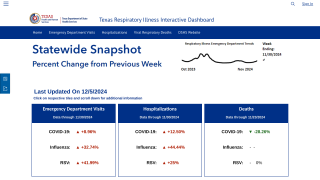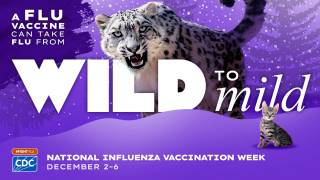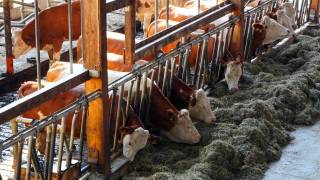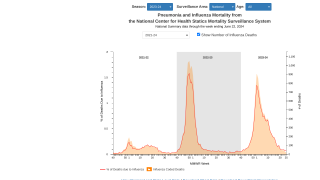Consuming Unpasteurized Bird Flu Contaminated Cow Milk Discouraged

Over the past few years, significant media attention has been paid to detecting avian influenza (bird flu). While the overall human health risk is being evaluated, the World Health Organization (WHO) recently shared clarifying data points.
During 2020, highly pathogenic avian influenza (HPAI) A(H5N1) clade 2.3.4.4b viruses arose from previously circulating influenza A(H5Nx) viruses. They spread predominantly via migratory birds to many parts of Africa, Asia, and Europe.
In late 2021, these bird flu viruses crossed to North America and, in late 2022, to South America.
According to the WHO statement on April 26, 2024, the epizootic has led to unprecedented deaths in wild birds, domestic poultry, and various mammals such as bears.
The WHO has confirmed that relatively few human infections have been reported despite the high number of A(H5N1) clade 2.3.4.4b detections.
Since the beginning of 2021, 28 A(H5N1) detections in humans have been reported to the WHO.
Of the 28 human cases, all were sporadic infections in people exposed to A(H5N1) viruses through direct or indirect contact with infected birds, infected mammals, or contaminated environments, such as live poultry markets or other premises with infected animals.
Specifically, no human-to-human transmission has been reported in these cases.
However, active investigations are continuing to determine whether there is any.
Most A(H5N1) human cases reported in Europe and North America were asymptomatic or mild, with fatigue reported for the cases detected in the U.S.
On April 1, 2024, the Texas Department of State Health Services reported the first confirmed human case of A(H5N1) virus in Texas. This person successfully recovered.
Based on available information, the WHO currently assesses the overall public health risk posed by A(H5N1) to be low. For those exposed to infected birds or animals or contaminated environments, the risk of infection is considered low to moderate.
Furthermore, investigations are ongoing to understand the risk to humans from consuming milk contaminated with the A(H5N1) virus. According to the WHO, dangerous zoonotic pathogens can be transmitted through unpasteurized milk.
As investigations continue in the U.S. and elsewhere, more information regarding 'contaminated cow milk' will be available in the coming days and weeks.
Historically, the U.S. CDC has advised against consuming un-cooked birds and mammals infected with avian influenza viruses.
The good news is that the U.S. FDA has already approved one bird flu vaccine (Audenz™).
As of April 28, 2024, the government has invested hundreds of millions in additional avian influenza vaccine candidate production. In late 2023, about 32 million bird flu vaccines were available in the U.S. National Strategic Stockpile.
Our Trust Standards: Medical Advisory Committee
























